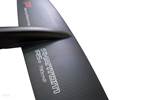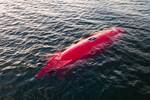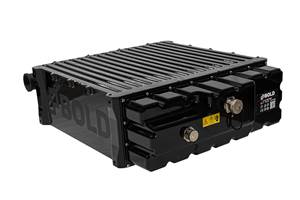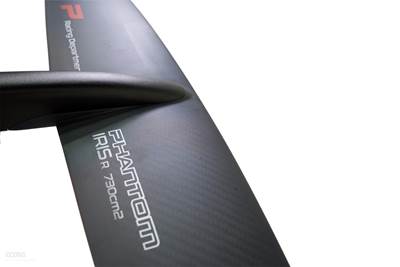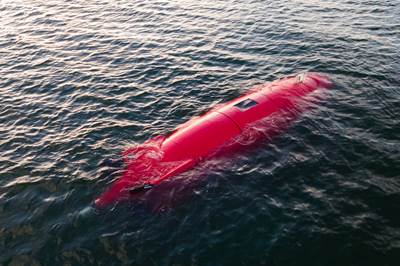Cobra International rapidly scales up Radinn glass fiber electric surfboards
Cobra manufacturing platform to deliver 300 composite boards per month, with 25% weight savings, tight tolerances, detailed QC and documentation records.
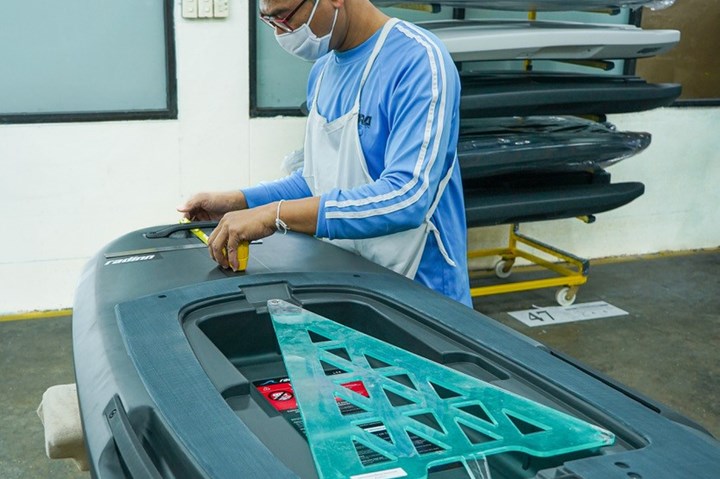
All photo credit: Cobra International
Cobra International (Chonburi, Thailand), an OEM manufacturer of composite goods for water sports, automotive, marine and civil engineering, announced on April 29 its latest collaboration with (Malmö Sweden) to mass produce its new range of composite electric powered surfboards.
Swedish innovators, Radinn (whose name reflects their passion for Radical Innovation) are said to produce some of the fastest jetboards on the market, offering three board models, each with battery technology and high-performance water jets, that can be configured to match the rider’s style. Originally launched in 2018, the range of three easy-to-ride boards, sold well and demand accelerated significantly. With the production requirement ramping up quickly and a target to reduce overall board weight, Radinn required both a technical development partner and a large-scale manufacturing platform.
Similarly, Cobra’s watersports division has been supplying riders with composite boards for more than 40 years. Cobra boards showcase durable lightweight constructions and high quality, all at mass production volumes, a combination that Radinn was looking for.
Radinn boards use a custom laminate made up from several plies of woven and stitched biaxial fiberglass fabrics, molded with epoxy resins to produce a tough monolithic shell.
After an initial meeting at Germany’s boat show in April, BOOT, sample boards were shipped to Thailand, and four of the Radinn team traveled to Cobra’s headquarters to set up the project. Radinn notes that almost immediately, the Cobra team was able to suggest improvements.
Having reviewed the existing boards — thermoformed plastic shells with an injected polyurethane (PU) foam core — a switch to a lower density EPS foam core and molded glass fiber skins was proposed. This lighter weight construction reportedly provided weight savings of around 25%, while maintaining the durability required by riders. An additional benefit was the removal of the edge seam around the board’s rails — Radinn notes that the new seamless molded boards offer a cleaner look and improved performance on the water.
A key part of the Radinn design concept was its modular approach. With different battery Powerpacks dropping into a pocket in the deck, and the Jetpack propulsion unit fitting into the board’s base, absolute precision of the molded shape was critical. Working from Radinn’s initial CAD data, master board plugs were produced for the Freeride and Carve models, before test assembly and final sign off for production was agreed.
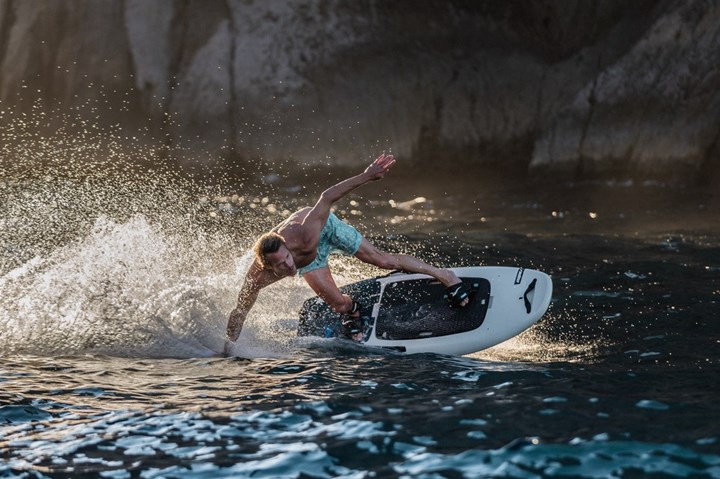
Cobra was able to scale up rapidly, producing multiple sets of identical composite board molds to match Radinn’s demand forecasts. With tooling in place, production details were defined for the different models. Radinn boards use a custom laminate made up from several plies of woven and stitched biaxial fiberglass fabrics, molded with epoxy resins to produce a tough monolithic shell. Demolded boards then proceed to painting, where two different designs are created — a full matt white, or shades of black with additional clear carbon stripes.
With production following Cobra’s lean manufacturing principles, the company is said to be able to deliver at the target rate of 300 boards per month. For now, Cobra is delivering finished, painted boards for final assembly and packing at Radinn’s Swedish facility. Cobra has also started to supply composite fins for the boards, as well as straps and board bags produced by the company’s in-house accessory division, adding these components to recent shipments to provide a complete board and accessories package.
With a customer’s final Radinn board configuration being assembled in Sweden, or at Radinn distributors around the globe, total production accuracy is required where components must fit together. Cobra says it has taken production tolerances and quality control (QC) to the next level for Radinn, providing the company’s most detailed quality control and documentation records for a watersports board to date. Each Radinn board leaves the factory with a complete photographic record of all template and measurement checks as it passes through final QC inspection at Cobra.
“What really works for us in our partnership with Cobra is that they can rapidly help us develop the most suitable composite construction for our boards and then consistently manufacture boards at a scale that’s just mind-blowing,” says Danijel Jakesevic, CEO, Radinn.
Related Content
Aviation-specific battery system uses advanced composites to address electric, hybrid flight
BOLDair’s composite enclosure, compression structures and thermal runaway management enables high-performance electric energy storage.
Read MoreRevolutionizing space composites: A new era of satellite materials
A new approach for high volumes of small satellite structures uses low-CTE, low-cost CFRP cellular core, robust single-ply skins and modular panel systems to cut lead time, labor and cost for reflectors, solar arrays and more.
Read MoreComposite SIPs for more affordable, efficient and sustainable buildings
LiteSIP panels and modules enable framing in days, cutting structural labor and total cost by up to 70% and 30%, respectively, while increasing energy efficiency and durability.
Read MoreCutting 100 pounds, certification time for the X-59 nose cone
Swift Engineering used HyperX software to remove 100 pounds from 38-foot graphite/epoxy cored nose cone for X-59 supersonic aircraft.
Read MoreRead Next
Cobra International commissions prepreg compression molding production line
Production capacity delivers highly structural prepreg carbon fiber hydrofoil components with a final surface finish straight from the mold.
Read MoreLarge-format 3D printing enables toolless, rapid production for AUVs
Dive Technologies started by 3D printing prototypes of its composite autonomous underwater vehicles, but AM became the solution for customizable, toolless production.
Read MoreNext-gen fan blades: Hybrid twin RTM, printed sensors, laser shock disassembly
MORPHO project demonstrates blade with 20% faster RTM cure cycle, uses AI-based monitoring for improved maintenance/life cycle management and proves laser shock disassembly for recycling.
Read More
